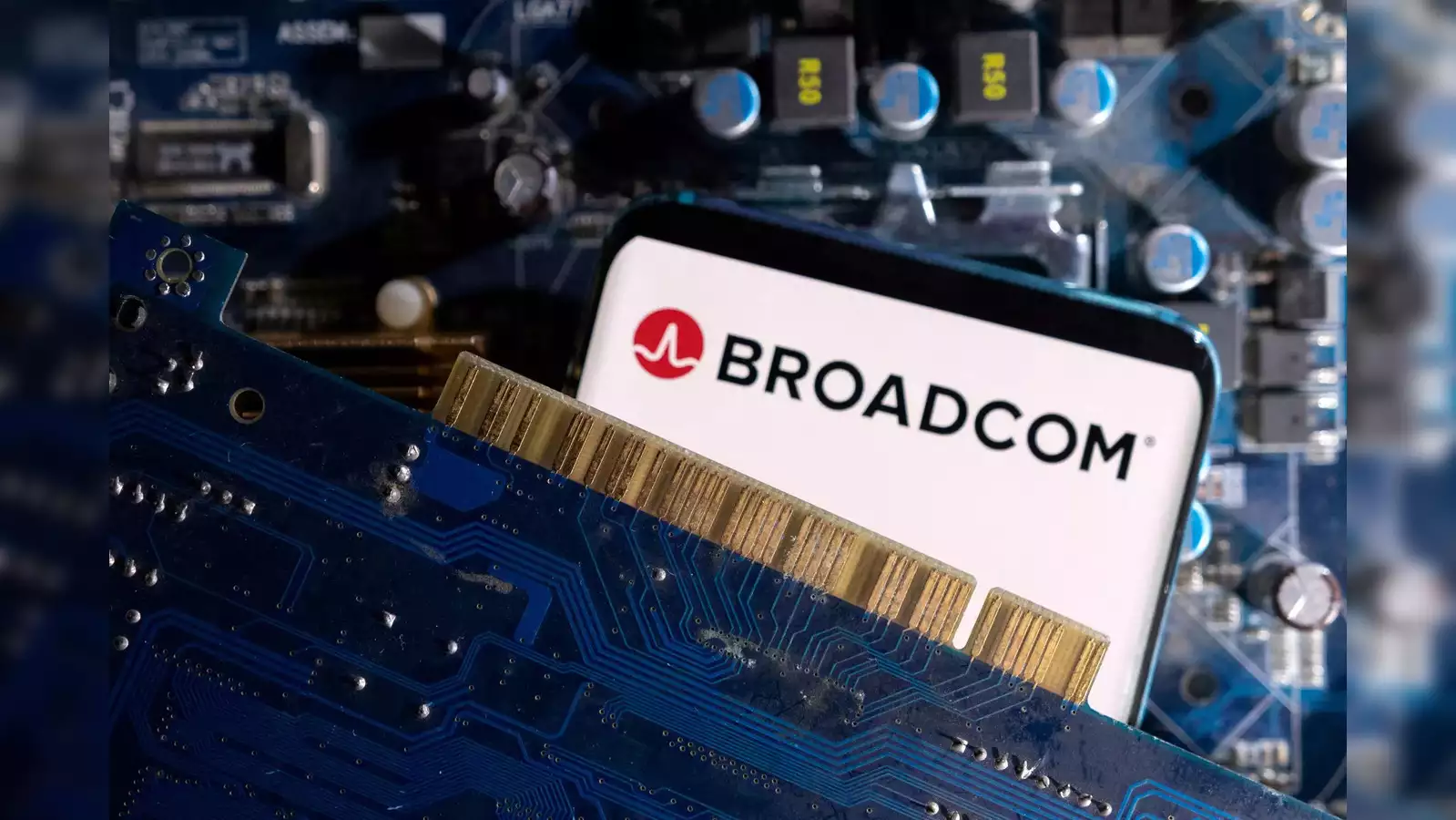Broadcom has set an ambitious target of $10 billion in revenue from artificial intelligence (AI) chips in 2024. However, the tech company’s full-year forecast failed to meet investor expectations, causing a dip in its stock. The company’s smaller rival, Marvell Technology, also faced challenges as it forecasted revenue below market expectations, leading to a more than 6% drop in its stock during extended trading.
Both Broadcom and Marvell are closely monitored by investors eager to capitalize on the growing demand for AI technologies, including models like OpenAI’s ChatGPT and Google’s Gemini. Both companies specialize in networking chips that facilitate the movement of large data volumes required for AI computing and assist clients in designing custom AI chips.
During an earnings call, Broadcom’s CEO, Hock Tan, mentioned that approximately $7 billion of the projected $10 billion AI chip revenue in 2024 would come from aiding two major clients in designing custom AI chips. While Tan did not disclose the clients’ names, industry analysts widely believe them to be Alphabet’s Google and Meta Platforms (formerly Facebook).
Tan emphasized that the custom chip business could command margins similar to the company’s corporate gross margin, which stood at around 75% on an adjusted basis for the fiscal first quarter. Despite the positive outlook for AI chip revenue, Broadcom’s stock faced a slight decline in after-hours trading as the company did not revise its annual revenue forecast of $50 billion.
The AI optimism has fueled a 26% rally in Broadcom’s stock in 2024, driven by expectations of substantial growth in the AI sector. However, market skepticism arose when the company did not raise its forecast, suggesting that companies with indirect ties to the AI sector may experience varying growth rates that do not align seamlessly with broader AI trends.
Broadcom, headquartered in Palo Alto, California, has been seen as benefiting from increased spending on data centers by major tech companies like Microsoft. The company supplies many networking chips for data centers, contributing to its success amid a cyclical slowdown in enterprise and telecommunications.
For the fiscal first quarter ending Feb. 4, Broadcom reported quadrupled AI revenue from the previous year, reaching $2.3 billion during the quarter. The company’s total semiconductor solutions segment revenue increased by 4% to $7.39 billion, slightly below Visible Alpha estimates. Broadcom’s diversified portfolio includes infrastructure software, where revenue grew 153% to $4.57 billion, surpassing Visible Alpha estimates. The company reported quarterly net revenue of $11.96 billion, exceeding analysts’ average estimate of $11.72 billion. Adjusted first-quarter net income was $5.25 billion, outperforming estimates of $5.01 billion, with adjusted earnings per share at $10.99, compared to estimates of $10.30.



